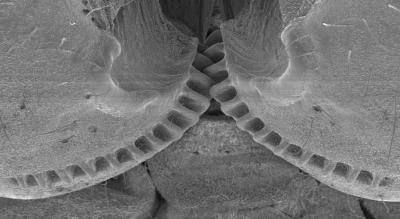
A disease you are suffering from could be the result of your great-grandmother being exposed to a toxin. Washington State University researchers reached this controversial conclusion after finding that environmental toxins can alter the activity of an animal’s genes in a way that is transmitted through at least four generations after the exposure. Their discovery suggests that toxins may play a role in heritable diseases that were previously thought to be caused solely by genetic mutations. The findings, reported in Science, are controversial because they raise the possibility that environmental factors may play a much more significant role in evolution than has previously been believed. Michael K. Skinner, of Washington State University (WSU), said the findings represented a new way to think about disease. “We believe this phenomenon will be widespread and be a major factor in understanding how disease develops.” Skinner and a team of WSU researchers exposed pregnant rats to environmental toxins during the period that the sex of their offspring was being determined. The chemicals the rats were exposed to – vinclozolin (a fungicide commonly used in vineyards) and methoxychlor (a pesticide that replaced DDT) – are known as endocrine disruptors, chemicals that interfere with the normal functioning of reproductive hormones. The researchers used higher levels of the toxins than are normally present in the environment, but their study raises concerns about the long-term impacts of such toxins on human health.
Skinner said that epigenetic changes might play a role in diseases such as breast cancer and prostate disease, whose frequency is increasing faster than would be expected if they were the result of genetic mutations alone. The finding that an environmental toxin can permanently reprogram a heritable trait also may alter our concept of evolutionary biology. Traditional evolutionary theory maintains that the environment is primarily a backdrop on which selection takes place, and that differences between individuals arise from random mutations in the DNA. The work by Skinner and his group raises the possibility that environmental factors may play a much larger role in evolution than has been previously realized.








Comments are closed.